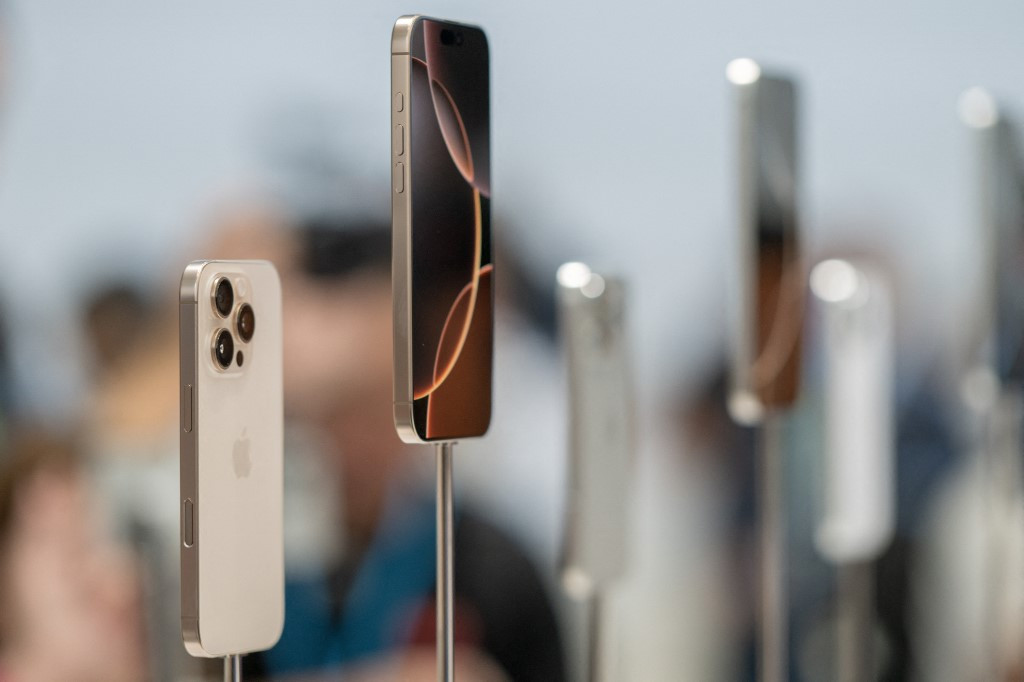Popular Reads
Top Results
Can't find what you're looking for?
View all search resultsPopular Reads
Top Results
Can't find what you're looking for?
View all search resultsSmartphone investment in Indonesia
The Industry Ministry found that the US$100 million investment proposal did not meet four aspects of fairness.
Change text size
Gift Premium Articles
to Anyone
O
ctober and November are typically the months that Apple launches iPhones in Indonesia, as seen with the iPhone 15 series (Oct. 27, 2023) and the iPhone 14 series (Nov. 4, 2022).
However, the latest Apple product, the iPhone 16, still lacks clarity regarding its entry into the Indonesian market this year. The local content requirement (TKDN) and Apple's unfinished investment commitments are the reasons why the new iPhone has not yet arrived in Indonesia.
Apple proposed an investment of nearly US$10 million (Rp 157 billion) to produce several products in Indonesia. The company plans to invest in a factory in Bandung, West Java, which will partner with several of its suppliers. The factory will produce accessories and components for Apple gadgets. This proposal was made in early November 2024. Recently, Apple offered an investment of $100 million in order to sell the iPhone 16 in Indonesia.
Industry Minister Agus Gumiwang Kartasasmita revealed that after studying the proposal submitted by Apple through a technocratic assessment, the Industry Ministry found that the $100 million investment proposal did not meet four aspects of fairness. First, the $100 million investment was considered too small compared to Apple's investments in other countries, such as Vietnam, which received an investment of up to $15.84 billion. Second, the amount was also deemed disproportionate to the investments made by other smartphone brands in Indonesia, such as Samsung, which has invested Rp 8 trillion ($502.64 million), and Xiaomi, which has invested Rp 5.5 trillion.
The third and fourth reasons are related to added economic value and job creation. Unlike other brands that build factories and employ thousands of local workers, Apple's investment is solely in the form of an academy, which is considered to have less direct economic impact.
The local content requirement entails a certain percentage of locally sourced materials, components and labor being used in the production of goods and services sold in Indonesia.
The requirement is aimed at promoting the use of local resources, enhancing the capabilities of domestic industry and fostering economic growth. The local content requirement is also applied to the smartphone industry, requiring that smartphones and other electronic devices sold in Indonesia meet a minimum percentage of local content in their production, including materials, components and labor.


















